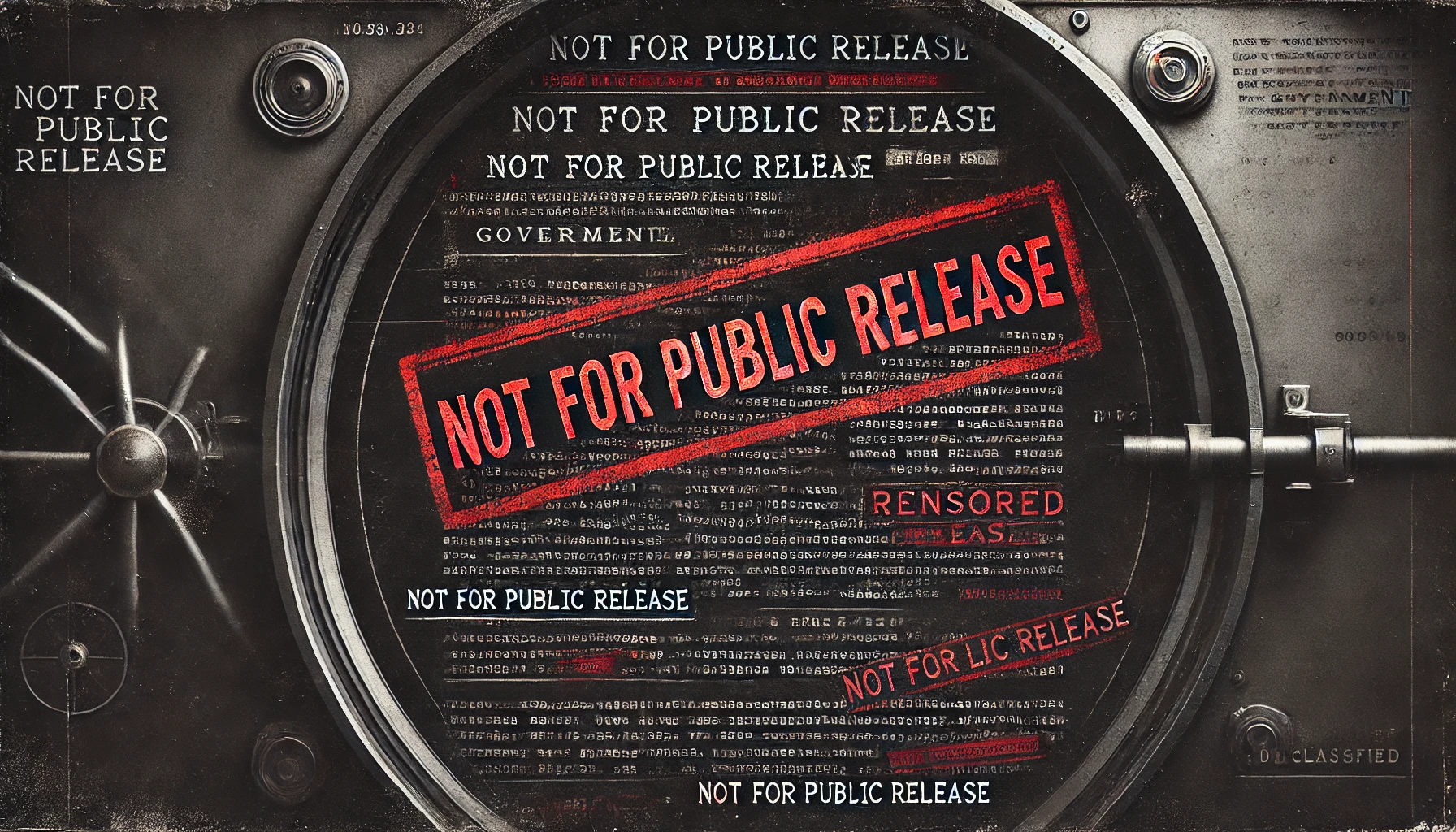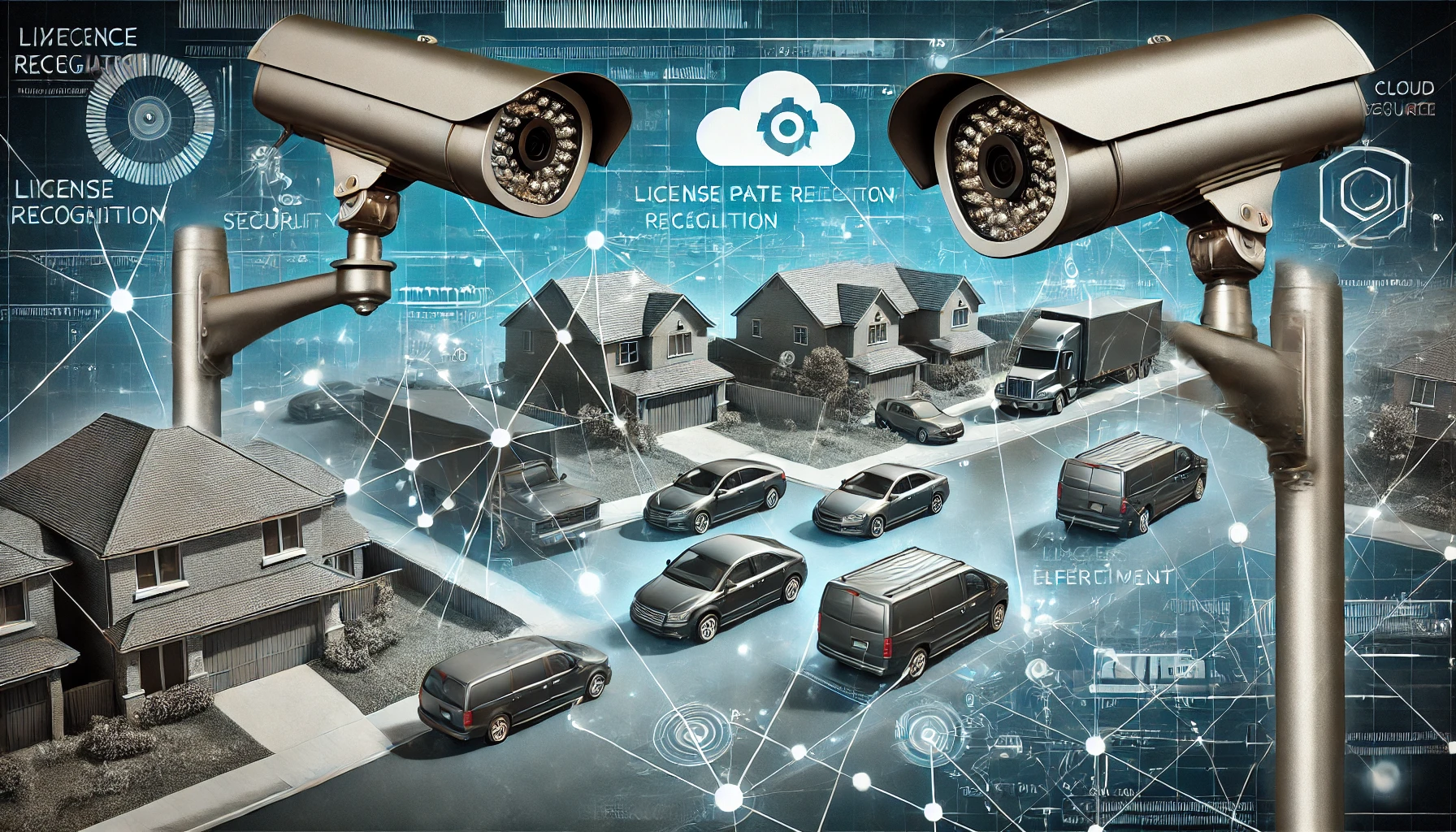Flock Safety, a company specializing in license plate recognition (LPR) technology, has rapidly become a prominent player in community surveillance. The company’s cameras, which capture vehicle license plates and store the data in a cloud-based system, are marketed as a tool to help neighborhoods and law enforcement reduce crime. However, as with all surveillance technology, there are both benefits and potential pitfalls to consider.
How the Flock Safety System Works
Flock Safety cameras are typically installed at neighborhood entrances, along roadways, or in business districts. They use motion sensors to capture the license plates of passing vehicles. The captured data, including high-resolution images, is then uploaded to a secure cloud platform. Authorized users, including law enforcement and community representatives, can access this data via a web portal. The system is also integrated with national crime databases, allowing real-time alerts for stolen vehicles or vehicles associated with criminal activity.
Key Features of Flock Safety
- License Plate Recognition (LPR): Captures clear images of license plates day and night.
- Cloud-Based Data Storage: Secure storage of captured data for up to 30 days, with the option for law enforcement to request longer retention for investigations.
- Real-Time Alerts: Integration with law enforcement systems to provide instant notifications when a flagged vehicle is detected.
- Privacy Controls: Flock claims not to use facial recognition technology, focusing solely on vehicle data.
Should We Be Concerned?
Centralization of Surveillance Data
The Flock Safety system centralizes license plate data in a privately controlled cloud system. This raises concerns about who has access to this data, how it is used, and what legal or procedural safeguards exist to prevent misuse. While Flock states that data is automatically deleted after 30 days, exceptions for active investigations could create avenues for prolonged data retention.
Potential for Mission Creep
Surveillance technologies often start with a narrow focus but can expand into broader applications, a phenomenon known as “mission creep.” While Flock Safety’s current use is primarily for crime-solving, there’s a legitimate concern that this system could evolve to monitor behaviors outside of criminal contexts, such as tracking political activities or monitoring protest movements.
Lack of Public Oversight
Since Flock Safety is a private company, its data is not subject to the same transparency and accountability standards as government-held data. If the company changes its data use policies or is acquired by a company with different priorities, communities might have limited recourse to control or access their own surveillance data.
Competitors in the Space
Flock Safety is not the only player in the automated license plate recognition (ALPR) market. Other notable competitors include:
- Vigilant Solutions: Offers a similar ALPR technology with an extensive network of cameras and partnerships with law enforcement agencies.
- Rekor Systems: Specializes in vehicle recognition technology, including not just license plates but also vehicle make, model, and color identification.
- PlateSmart Technologies: Uses ALPR combined with data analytics, allowing for more comprehensive surveillance and data gathering.
These companies, like Flock Safety, have raised similar concerns about privacy and data usage. Vigilant Solutions, for example, made headlines for selling license plate data to U.S. Immigration and Customs Enforcement (ICE), sparking debates about how such systems can be used in unintended ways.
The Broader Trend: Privatized Surveillance Networks
A concerning trend is the expansion of privatized surveillance networks. These systems are often installed by homeowners’ associations, businesses, and local governments, creating a patchwork of private surveillance that feeds data into broader law enforcement networks. The growing use of surveillance-as-a-service (SaaS) models by private companies can create a surveillance infrastructure with minimal public oversight.
The Sniff Test: Is This a Cause for Concern?
- Debatable: While these systems have proven effective in solving crimes, their potential use for mass surveillance remains a significant concern.
- Mostly True: The data retention policies and lack of transparency from private companies could allow for surveillance that goes beyond intended use cases.
- Misleading: Marketing that emphasizes only the crime-fighting benefits without discussing potential privacy risks creates an unbalanced narrative.
Conclusion
While the Flock Safety camera system and its competitors offer real benefits for crime reduction and community safety, they also introduce substantial privacy and civil liberty concerns. The centralization of surveillance data in private hands, potential mission creep, and limited public oversight are critical issues that communities need to address. When considering the adoption of such technology, it is crucial to ask hard questions about who controls the data, how it is used, and what safeguards are in place to protect against abuse.
For more information and analysis on this topic, check out these resources:







